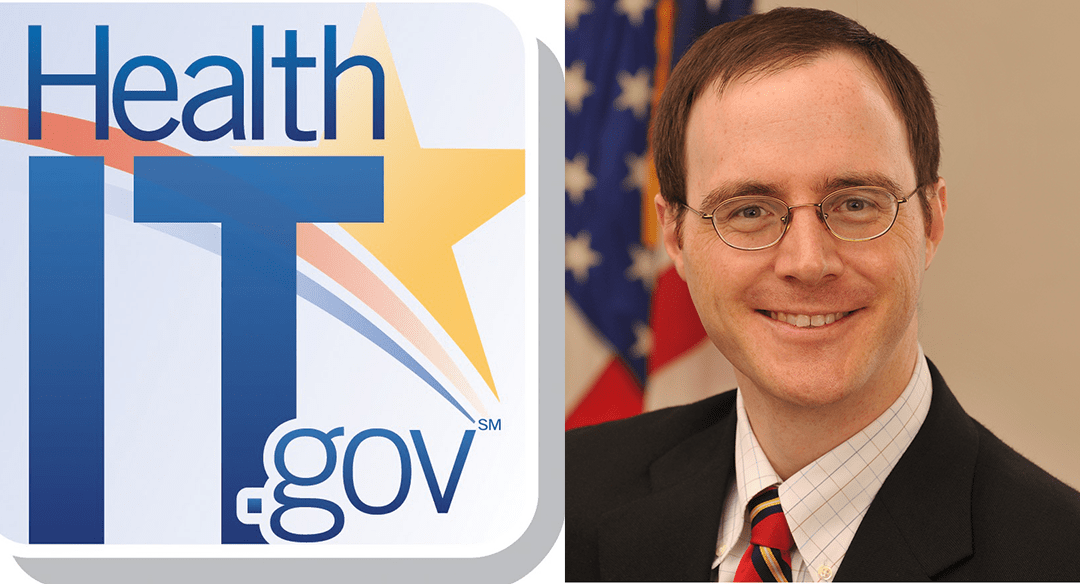In a panel discussion at HIMSS22 in Orlando, Florida, John Rancourt, Director of the Interoperability Division of the ONC Office of Policy characterized the exchange purpose of TEFCA is a “Tremendous Business Opportunity”.
“What we’re talking about is a one-stop shop to get all of your data in one place,” he said. “an enormous sea change for what could be possible for consumers. “And we’re really excited about the technology developer world looking at that and saying, ‘Wow, I could do a lot for consumers with that,'” he said.
“At Medaflex, we feel exactly the same”, said Jeffrey Chaskin, CEO of Medaflex. “Say goodbye to diary apps and proprietary EHR vendor platforms” continued Chaskin, “This changes the game for medical records access and equalizes the quality healthcare playing field across the community. The business opportunities are huge, and we intend to be at the forefront.” “We believe that we are among the few to identify payers and users for this revolutionary new access.”
The sentiment was echoed by others on the panel, discussing the advantages of the part of the TEFCA outlining another exchange purpose – Individual Access Services or IAS.
In the TEFCA common agreement, IAS is defined as: ‘to satisfy that Individual’s ability to access, inspect, or obtain a copy of that Individual’s Required Information that is then maintained by or for any QHIN, Participant, or Subparticipant. In general, entities are required to Respond to Requests for information for the purpose of Individual Access Services.’
Mariann Yeager, CEO of the Recognized Coordinating Entity Sequoia Project, elaborated that any individual may use an app or platform to connect to a QHIN, or, a QHIN could offer its own app for the same purpose.
“That would give the individual, really, the same connectivity that exists today for healthcare providers and other actors,” Yeager said.
“I think it’s really exciting what kind of individual access services will come out of this, because it’s an area that needs more investment and focus,” said Lisa Bari, CEO of Civitas Networks for Health. “It’s one thing to respond to a specific, one-off request,” said Bari, “It’s another thing to have individual access services part of what anybody can access. I’m interested to see how that develops. I think that’s a really important piece that’s been missing.”

